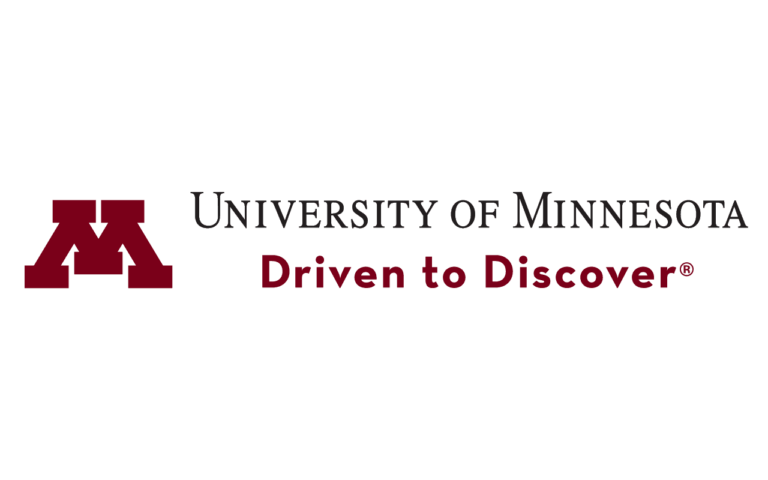Bulimia Nervosa
Research Study
Researchers at The University of Minnesota are partnering with adults with bulimia nervosa to investigate neurobiological and psychological brain function. Join our compensated study today!

Fast Facts
18-55 Years Old
Struggle with binge eating and self-induced vomiting Weekly
mRI eligible
Compensation up to $250 Provided for time and effort
Conducted in Twin Cities, MN

Study Background
Researchers at The University of Minnesota are conducting a research study to investigate brain functioning in adults with bulimia nervosa.
Findings from this clinical research study will help determine the potentially crucial role of anticipating binge eating and purging in adults with bulimia nervosa (BN).
This study involves participants completing computer tasks to better understand how their food preferences are affected by reading positive and negative mood scenarios.
Participants will attend two study visits over the course of 1-2 months a the Minnesota Center for Eating Disorder Research (MCEDR) in the University of Minnesota’s Department of Psychiatry and Behavioral Sciences and Center for Magnetic Resonance Research.
Further research today and join our compensated study!

Study Background
Researchers at The University of Minnesota are conducting a research study to investigate brain functioning in adults with bulimia nervosa.
Findings from this clinical research study will help determine the potentially crucial role of anticipating binge eating and purging in adults with bulimia nervosa (BN).
This study involves participants completing computer tasks to better understand how their food preferences are affected by reading positive and negative mood scenarios.
Participants will attend two study visits over the course of 1-2 months a the Minnesota Center for Eating Disorder Research (MCEDR) in the University of Minnesota’s Department of Psychiatry and Behavioral Sciences and Center for Magnetic Resonance Research.
Further research today and join our compensated study!
Additional Information
You may qualify for this study if you meet the following criteria:
Key Criteria:
- 18-55 years old
- Have symptoms of bulimia nervosa (ex. binge-eating or self-induced vomiting)
- Able to undergo an MRI
- Currently medically and psychiatrically stable (no hospitalizations in past 3 months)
- Right-handed
- If taking medications that affect mood, appetite or weight, you have been on a stable dose for 6 weeks
- Not currently pregnant or lactating
- No current substance use disorder or thyroid disease
- No history of psychosis, bipolar disorder, or neurological disorder/injury
- Not currently underweight
- No severe food allergies
- No history of gastric bypass surgery
- Able to read and speak English
Once enrolled, this study involves:
- Attending two study visits
- Visit 1 will take place in the Ambulatory Research Center in the Department of Psychiatry and will consist of clinical interviews, questionnaires, and script preparation for the mood induction procedure
- Visit 2 will take place in the Center for Magnetic Resonance Research (CMRR) and participants will complete neuroimaging procedures including mood inductions and tasks
- Completing daily self-report recordings
- (Optional) Participating in a 6-month follow-up phone interview (approximately 10 minutes)




